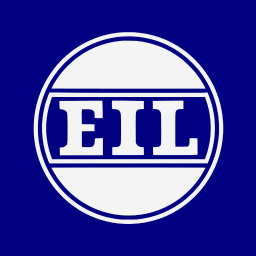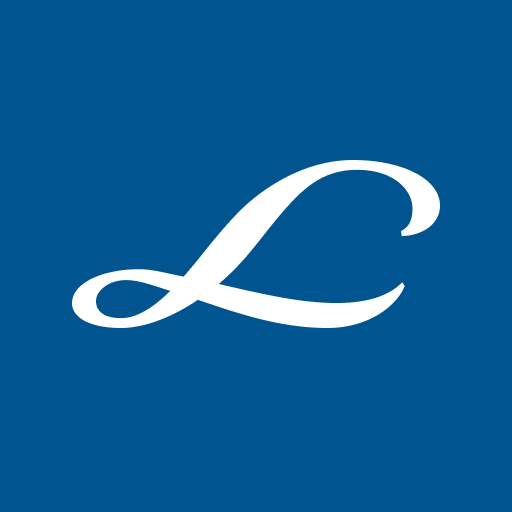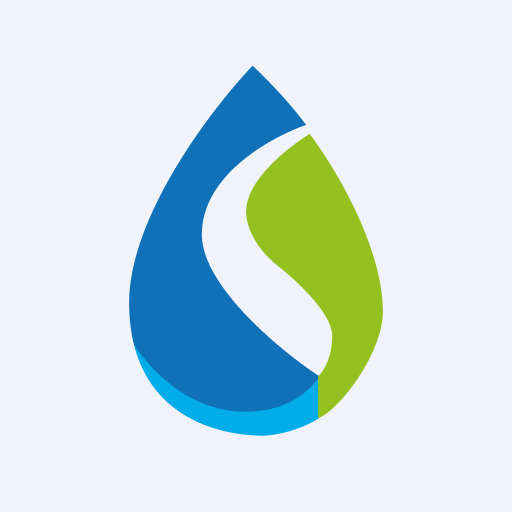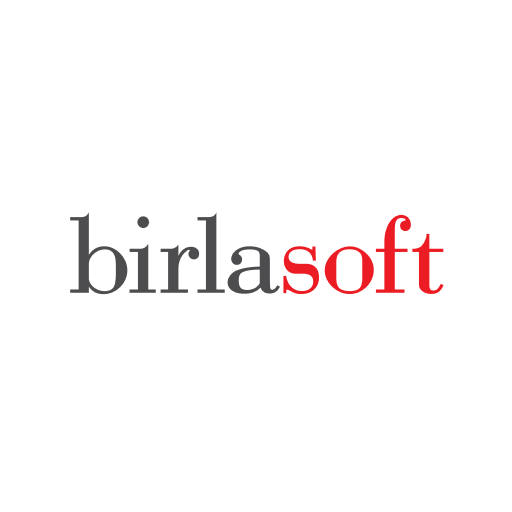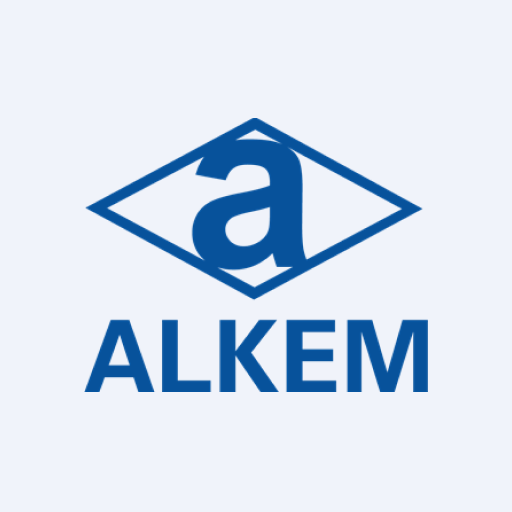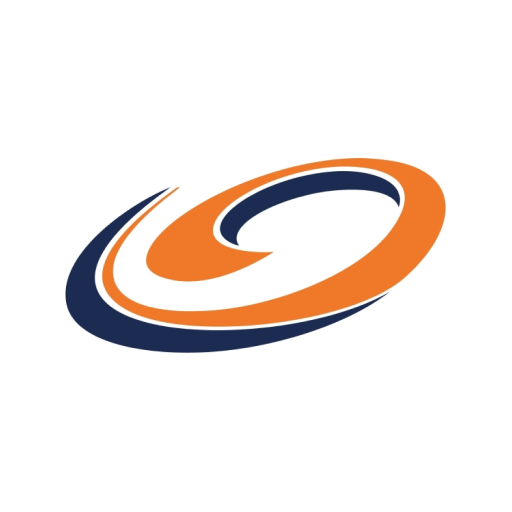Alok Industries Share Price
NSE: ALOKINDS|BSE: 521070|TextileAlok Industries Share Price Chart
Alok Industries Stock Performance
Market cap | Open ₹15.54 | Prev. Close ₹15.60 |
Circuit range ₹18.12 - ₹12.08 | Day range ₹14.96 - ₹15.62 | Year range ₹14.00 - ₹23.50 |
Volume 65,18,121 | Avg. traded ₹15.27 | Revenue (12m) ₹3,629 Crs |
About Alok Industries
Alok Industries Limited is one of India's foremost textile companies. With almost a four-decade history, the company has its services across five primary sectors: home textiles, cotton yarn, apparel fabric, garments and polyester yarn. Alok Industries was founded in 1986 by Surendra Jiwrajka. It is owned by Reliance Industries and is headquartered in Mumbai.
The market capitalisation of Alok Industries Ltd is over ₹16,000 crore as of January 5, 2024. Alok Industries share price has gained over 40% in three years.
Business operations
Alok Industries is involved in various textile businesses, including yarn production, weaving, knitting, processing, home textiles, apparel fabrics and ready-made garments. It has also expanded into retail through the stores of its brand H&A. Internationally, Alok Industries operates through Mileta, a company in the Czech Republic. Mileta is a major European player in yarn-dyed shirting, handkerchiefs and table linen, focusing on premium products. Mileta and Alok Industries have together launched apparel brands like Mileta, Erba, Cottonova and Lord Nelson.
The Company operates under four divisions: spinning, polyester, home textiles, apparel and fabric.
In the cotton segment, the company operates across the entire process including spinning, weaving, processing and the creation of finished fabrics, bedsheets, towels and garments.
In the polyester segment, the company uses PTA and MEG to form a melt that produces polyester chips, subsequently transformed into partially oriented yarn, fully drawn yarn, drawn textured yarn and polyester staple fibre.
Alok Industries is a big player in the polyester market with an extensive variety of products. Currently, the primary market for the company is domestic with approximately 4% to 5% of polyester yarn and PSF consumed internally. Export sales account for around 6% of the total polyester sales.
The primary export country for the company's home textile products is the US, the world's largest consumer of such goods. European countries and Australia are among other key export destinations. The domestic market is also experiencing substantial growth and represents approximately 26% of the company's total home textile sales.
Alok Industries facilities are located in Gujarat’s Vapi and Silvassa in the Union Territory of Dadra and Nagar Haveli. Its customer base includes international retail brands, textile importers, private labels, domestic retailers, garment and textile manufacturers, as well as traders. Some of the popular names are Levi's, Walmart, Zara, Calvin Klein, H&M, Tommy Hilfiger and Next.
Alok Industries has a significant capacity in producing bedding and terry towels. The company’s weaving facility and primary stitching unit for bedding are located in Silvassa, while fabric processing takes place in Vapi. The complete manufacturing process for terry towels occurs exclusively at the Vapi location.
Financial Highlights
Alok Industries Ltd's revenue from operations for FY23 stood at ₹6,937.29 crore, down 5% from ₹7,309.50 crore in FY22. The company incurred a loss (after tax) of ₹880 crore in FY23 against a loss of ₹208.6 crore in FY22. In FY23, the earnings before interest, taxes, depreciation and amortisation (EBITDA) fell to ₹- 12.83 crore from the previous year's ₹609.92 crore. The company's earnings per share (EPS) stood at ₹- 1.77 in FY23 compared to ₹- 0.42 in FY22.
Alok Industries Share Price Today
As of 14 Feb 2026, Alok Industries share price is ₹15.10. The stock opened at ₹15.54, compared to its previous close of ₹15.60. During today's trading session, Alok Industries share price moved in the range of ₹14.96 to ₹15.62, with an average price of ₹15.29 for the day. Looking at its last 52-week, the stock has touched a low of ₹14.96 and a high of ₹15.62. On the performance front, Alok Industries share price has declined by 15.26% over the last six months and is down 10.97% on a year-on-year basis.
The market capitalization of Alok Industries is ₹7,493 Crs, with a P/E ratio of -11.3 and a dividend yield of 0.00%.
Alok Industries Fundamentals
P/E ratio -11.35 | ROA -13.8% | Dividend yield -- | Operating profit margin 1.35% | Current ratio 1.16 |
P/B ratio -0.4 | ROCE -4.51% | Debt/Equity ratio -1.29 | Net profit margin -24.11% | Interest coverage -0.4 |
ROE 4.57% | EV/EBITDA 207.22 | EPS -1.55 | Quick ratio 0.58 | Asset turnover 0.64 |
Alok Industries Revenue Statement
Year | Revenue | Operating Profit | Net Profit |
|---|---|---|---|
Mar-25 | ₹3,819.85 | ₹-811.41 | ₹-816.43 |
Mar-24 | ₹5,532.81 | ₹-849.74 | ₹-846.82 |
Mar-23 | ₹7,053.92 | ₹-879.95 | ₹-880.46 |
Mar-22 | ₹7,354.41 | ₹-209.42 | ₹-208.6 |
Alok Industries Cash Flow
Year | Operating | Investing | Financing |
|---|---|---|---|
Mar-25 | ₹-347.68 | ||
Mar-24 | ₹-1,160.73 | ₹-169.75 | |
Mar-23 | ₹-12.6 | ₹-686.87 | |
Mar-22 | ₹-66.91 | ₹-293.18 |
Alok Industries Balance Sheet
Period | Total Asset | Total Liability |
|---|---|---|
Mar-25 | ₹6,729.87 | ₹27,359.99 |
Mar-24 | ₹7,406.83 | ₹27,182.70 |
Mar-23 | ₹7,461.11 | ₹26,361.54 |
Mar-22 | ₹8,227.57 | ₹26,134.88 |
Alok Industries Share Price History
| Day | Open | Close | Change % |
|---|---|---|---|
01-Feb-26 | ₹15.24 | ₹15.02 | -0.53% |
30-Jan-26 | ₹14.79 | ₹15.10 | |
29-Jan-26 | ₹14.91 | ₹14.87 | -0.67% |
28-Jan-26 | ₹14.98 | ₹14.97 | |
27-Jan-26 | ₹14.50 | ₹14.76 | |
23-Jan-26 | ₹14.95 | ₹14.43 | -2.30% |
22-Jan-26 | ₹14.35 | ₹14.77 | |
21-Jan-26 | ₹14.60 | ₹14.10 | -3.69% |
Stocks Similar to Alok Industries
Stock Name | Price | Change % |
|---|---|---|
| Garware Tech Fibres | ₹712.00 | -₹7.05 (-0.98%) |
| Indo Count Industries | ₹303.42 | -₹0.79 (-0.26%) |
| Jindal Worldwide | ₹26.75 | -₹0.72 (-2.62%) |
| KPR Mill | ₹930.50 | +₹32.70 (3.64%) |
| Lux Industries | ₹979.60 | -₹6.50 (-0.66%) |
| Page Industries | ₹33,530.00 | -₹320.00 (-0.95%) |
| Welspun India | ₹141.16 | -₹1.44 (-1.01%) |
Trending Stocks
Stock Name | Price | Change % |
|---|---|---|
| IRFC Share Price | ₹111.44 | -₹2.09 (-1.84%) |
| Jaiprakash Power Ventures Share Price | ₹14.95 | -₹0.38 (-2.48%) |
| JIO FIN SERVICES LTD Share Price | ₹263.95 | -₹3.60 (-1.35%) |
| Suzlon Share Price | ₹45.67 | -₹1.14 (-2.44%) |
| Tata Motors Share Price | ₹380.25 | -₹3.20 (-0.83%) |
| Tata Power Share Price | ₹374.10 | -₹6.45 (-1.69%) |
| Tata Steel Share Price | ₹203.18 | -₹4.93 (-2.37%) |
| Trident Share Price | ₹26.68 | -₹0.04 (-0.15%) |
| Vodafone Idea Share Price | ₹11.30 | -₹0.25 (-2.16%) |
| YES Bank Share Price | ₹20.86 | -₹0.24 (-1.14%) |
Top Gainers Today
| Company | Market Price | Change |
|---|---|---|
| ₹201.67 | +20.77 (+11.48%) | |
| ₹6900.00 | +459.5 (+7.13%) | |
| ₹1040.55 | +57.65 (+5.87%) | |
| ₹510.55 | +26.8 (+5.54%) | |
| ₹73.80 | +3.76 (+5.37%) |
Top Losers Today
| Company | Market Price | Change |
|---|---|---|
| ₹3586.10 | -480.8 (-11.82%) | |
| ₹315.60 | -35.15 (-10.02%) | |
| ₹398.95 | -34.9 (-8.04%) | |
| ₹5402.50 | -468 (-7.97%) | |
| ₹254.15 | -19.65 (-7.18%) |
